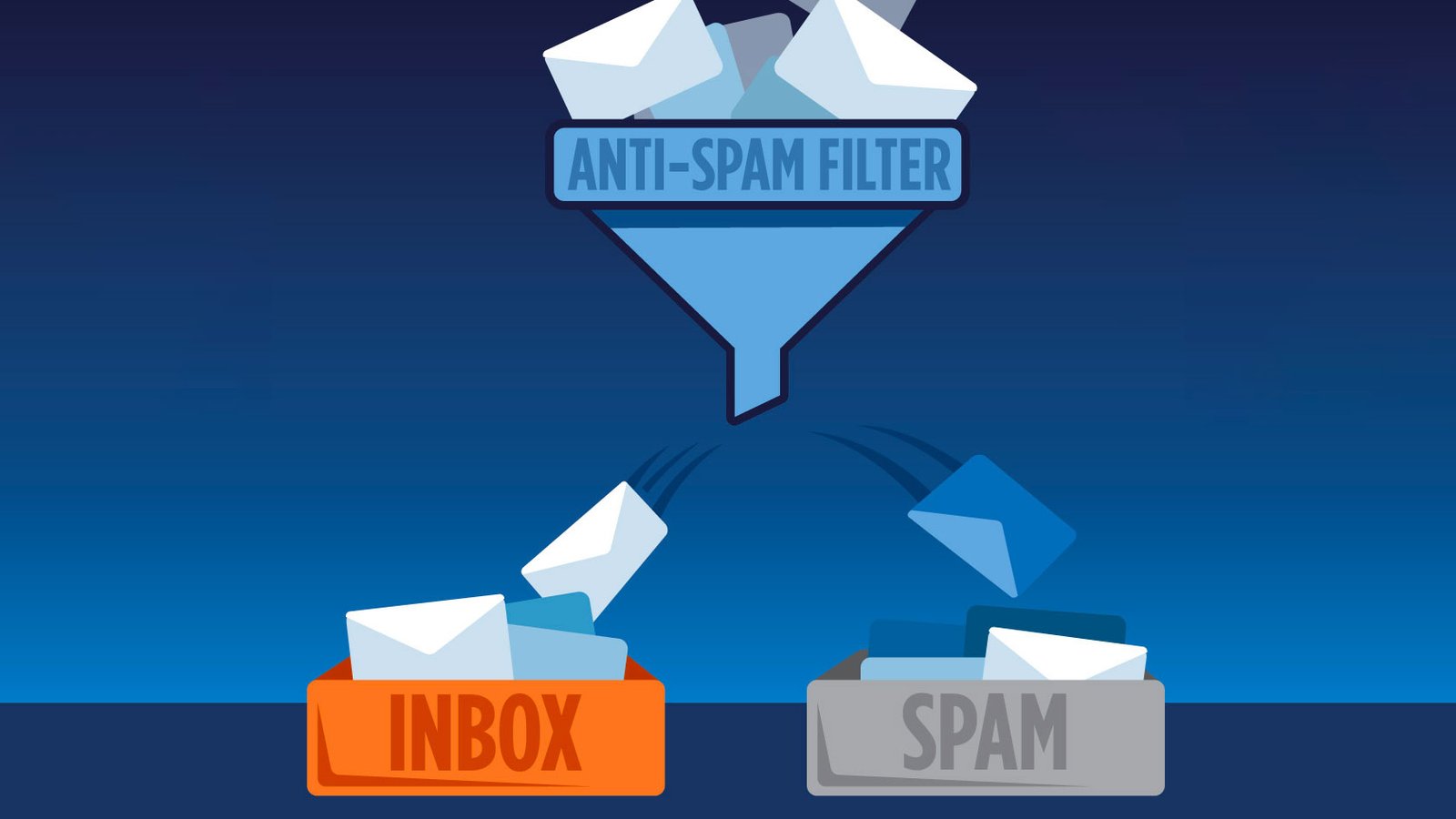In today’s digital landscape, reliable email communication is crucial for personal and business use. However, the ever-present threat of spam not only clutters inboxes but can also lead to security breaches and lost productivity. When selecting an email hosting provider, it’s essential to prioritize anti-spam protection. Here’s a guide on how to choose an email hosting provider with robust email protection features.
-
Assess Anti-Spam Features
When evaluating potential providers, look for specific anti-spam features offered:
– Spam Filtering: Check if the provider employs powerful spam-filtering algorithms that utilize machine learning and heuristic analysis to detect and block spam emails effectively.
– Customizable Filters: Ensure that the provider allows you to customize spam filters according to your needs. This flexibility can help minimize false positives and ensure that legitimate emails aren’t mistakenly filtered out.
– Quarantine Options: Some providers offer the ability to quarantine suspicious emails, allowing you to review and release any legitimate messages that may have been incorrectly flagged.
-
Evaluate Security Protocols
In addition to spam protection, consider the overall security protocols that an email host implements:
– TLS Encryption: Make sure the provider supports Transport Layer Security (TLS) encryption for sending and receiving emails. This is essential for protecting sensitive information from interception.
– Two-Factor Authentication (2FA): Look for an email service that offers 2FA to provide an additional layer of security, ensuring that unauthorized users cannot easily access your account.
– Regular Updates and Maintenance: A reliable email host should perform regular updates to its spam algorithms and security infrastructure to adapt to new spam techniques and evolving threats.
-
Check User Reviews and Reputation
Research customer feedback and reviews regarding an email hosting provider’s anti-spam effectiveness:
– Industry Ratings: Look for reviews on independent sites that evaluate email hosting services. Pay attention to comments specifically related to spam protection.
– Word-of-Mouth Recommendations: Ask colleagues or industry peers about their experiences with different providers. Personal recommendations can offer valuable insights into a provider’s performance.
-
Trial and Testing
Before making a final decision, take advantage of free trials or demos offered by email hosting providers:
– Test Spam Filters: Use the trial period to assess how effectively the provider’s spam filters work. Send a variety of emails, including spam, to see if the system detects and filters out unwanted messages accurately.
– Evaluate Usability: Consider how user-friendly the email interface is once spam protection is in place. A provider that offers a straightforward and intuitive dashboard for managing spam settings can enhance your overall experience.
-
Consider Customer Support
Effective customer support is crucial, especially when dealing with spam and security issues. Choose a provider that offers:
– Responsive Support Channels: Check for multiple support options such as live chat, phone support, and email assistance. Ensure they are available during your operating hours.
– Knowledge Base and Resources: A comprehensive library of guides, FAQs, and troubleshooting resources can help you manage spam issues more effectively.
-
Review Cost and Value
While seeking excellent anti-spam protection, it’s also important to consider cost relative to the value provided:
– Pricing Plans: Compare pricing plans among different providers, ensuring that the included features justify the cost.
– Hidden Costs: Be aware of any extra charges for advanced anti-spam features or security measures that may not be included in basic plans.
-
Look for Scalability
If you anticipate growth or changing needs, choose an email hosting provider that allows for scalability:
– Flexible Plans: Opt for a provider that offers a range of plans capable of accommodating increased storage needs, the addition of users, or enhanced security features as your requirements evolve.
– Addon Features: Some providers offer optional add-ons like enhanced spam filtering or advanced security services that you can activate as needed.

Enhancing Digital Presence with Smart Resources
Reliable web and email hosting is essential for businesses looking to build a strong online presence, and choosing the right tools can give your brand a competitive edge. From fast load times to secure infrastructure, every detail matters when you’re online. While managing digital assets, it’s also worth exploring useful platforms that complement your work-life balance. Learn more about engaging online experiences that help you unwind and recharge.
Conclusion
Choosing the right email hosting provider with effective anti-spam protection is essential for safeguarding your communications and ensuring optimal productivity. By assessing anti-spam features, evaluating security protocols, considering user feedback, and testing the service, you can make an informed decision that meets your personal or business needs. Don’t forget to weigh the cost against value and scalability, ensuring your chosen provider can support your requirements now and in the future. With the right email host, you can enjoy a cleaner, safer, and more efficient email experience.

